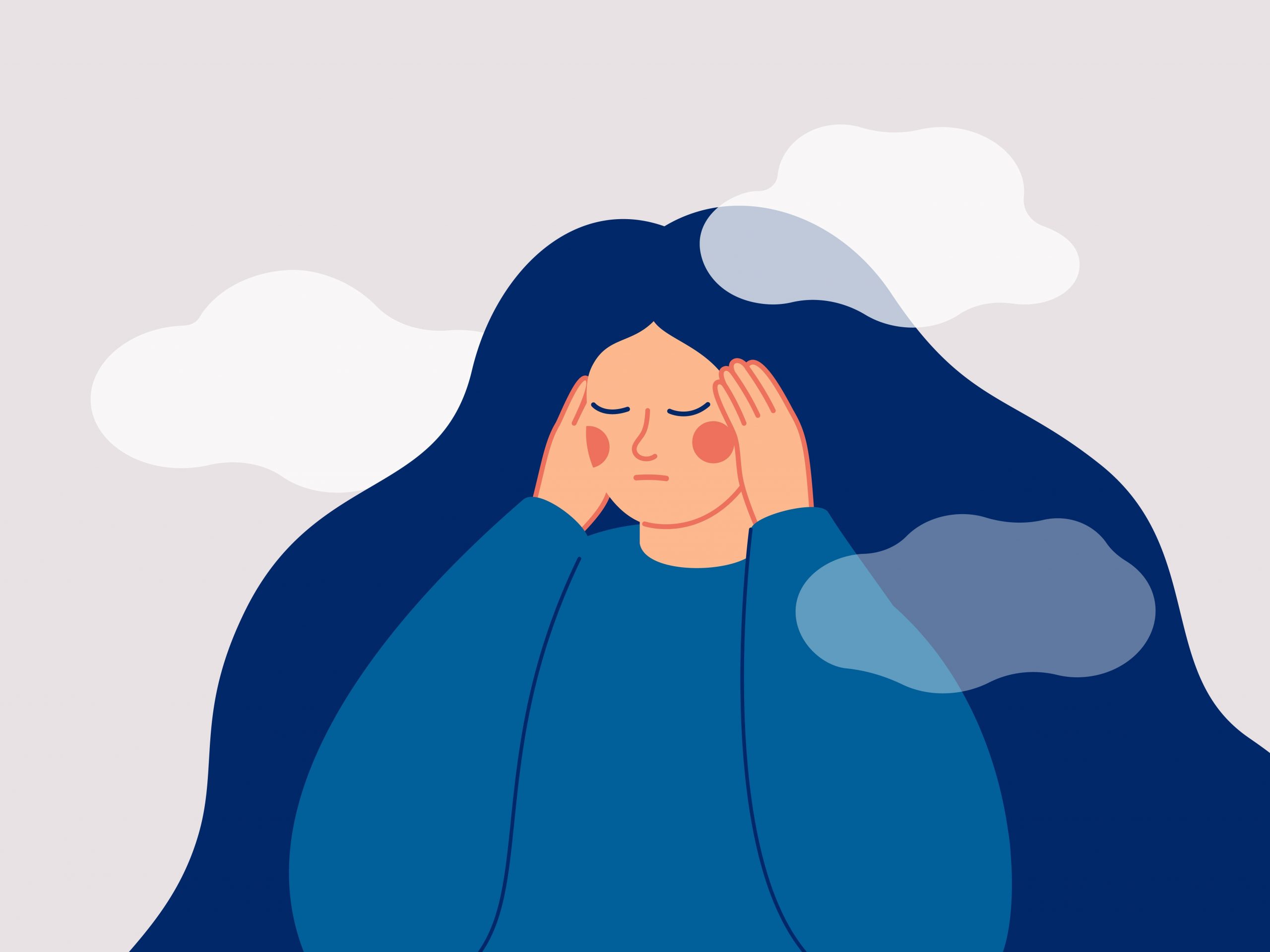
- Working from home has caused people to have brain fog: memory, attention, and thinking problems.
- You can stimulate yourself by changing the pictures on your walls or working in a different room.
- If you sense you have brain fog, experts say it's important to take a break.
- Visit Insider's homepage for more stories.
Over a year into the pandemic, many of us are still working from home, sitting at the same desk, and staring at the same walls.
The monotonous day-to-day and lack of outdoor stimulation have caused many people, including those who never got COVID-19, to have memory, attention, and thinking problems, otherwise known as brain fog.
Josh Cohen, a psychoanalyst based in London, described brain fog as not being to complete tasks or momentarily forgetting what you're doing.
Cohen said some of his patients forget simple things, like calling him on Zoom at the start of their therapy session, despite having done it many times before.
But experts have theories as to why we're feeling sluggish and disoriented, and they say there are steps you can take to prevent and deal with brain fog.
Why brain fog is on the rise, even people who haven't had COVID-19
People are developing brain fog, in part, Cohen says, because all the stimulating events of daily life - like buying a cup of coffee, going to a team lunch, and attending happy hour - disappeared when quarantine orders took effect.
"It's a bit like being in a desert with no GPS," Cohen told Insider.
And working indoors every day leaves little room for change.
"We have effectively evolved to stop paying attention when nothing changes, but to pay particular attention when things do change," Catherine Loveday, professor of cognitive neuroscience at the University of Westminster, told the Guardian.
How to prevent brain fog
Although working from home is out of our control, we do have some agency over our lives, and experts say there are steps we can take to prevent brain fog.
1. Switch up your room
"I'm not saying redecorate - but you could change the pictures on the walls or move things around for variety, even in the smallest space," Loveday told the Guardian.
2. Take your meeting to the park
Loveday also said to work in different rooms or take a meeting over the phone while walking in the park. The change of scenery will force you to be more alert.
3. Run without headphones on
Cohen said to look at the pandemic as an opportunity to ask yourself what activities are stimulating, and once you've determined those activities, incorporate them into your schedule.
Cohen suggests going on a walk, or running without headphones because it keeps the mind sharp and focused.
4. Schedule meet-ups with friends in person
Beyond exercising, Cohen also said to meet with friends in person - a reminder of what life was like before the pandemic, and an opportunity to get off your screen.
5. Read a book
If exercising or meeting with others doesn't sound appealing, Cohen said to read a book because it can spark your imagination.
What to do when you have brain fog
If you find yourself forgetting what you're doing or feeling disorientated, it could be a sign you have brain fog.
But it's important not to push through the fog and continue work, as Cohen said brain fog is a signal that you need to take a break.
In fact, Cohen likened brain fog to pain. "If you ignore pain, the pain will only amplify because your body's trying to signal to you that you need to stop whatever you're doing that's causing the pain. Brain fog will operate in the same way." Cohen said.
Cohen said to listen to your intuition to determine if you need a 30-minute break, or a day off from work.